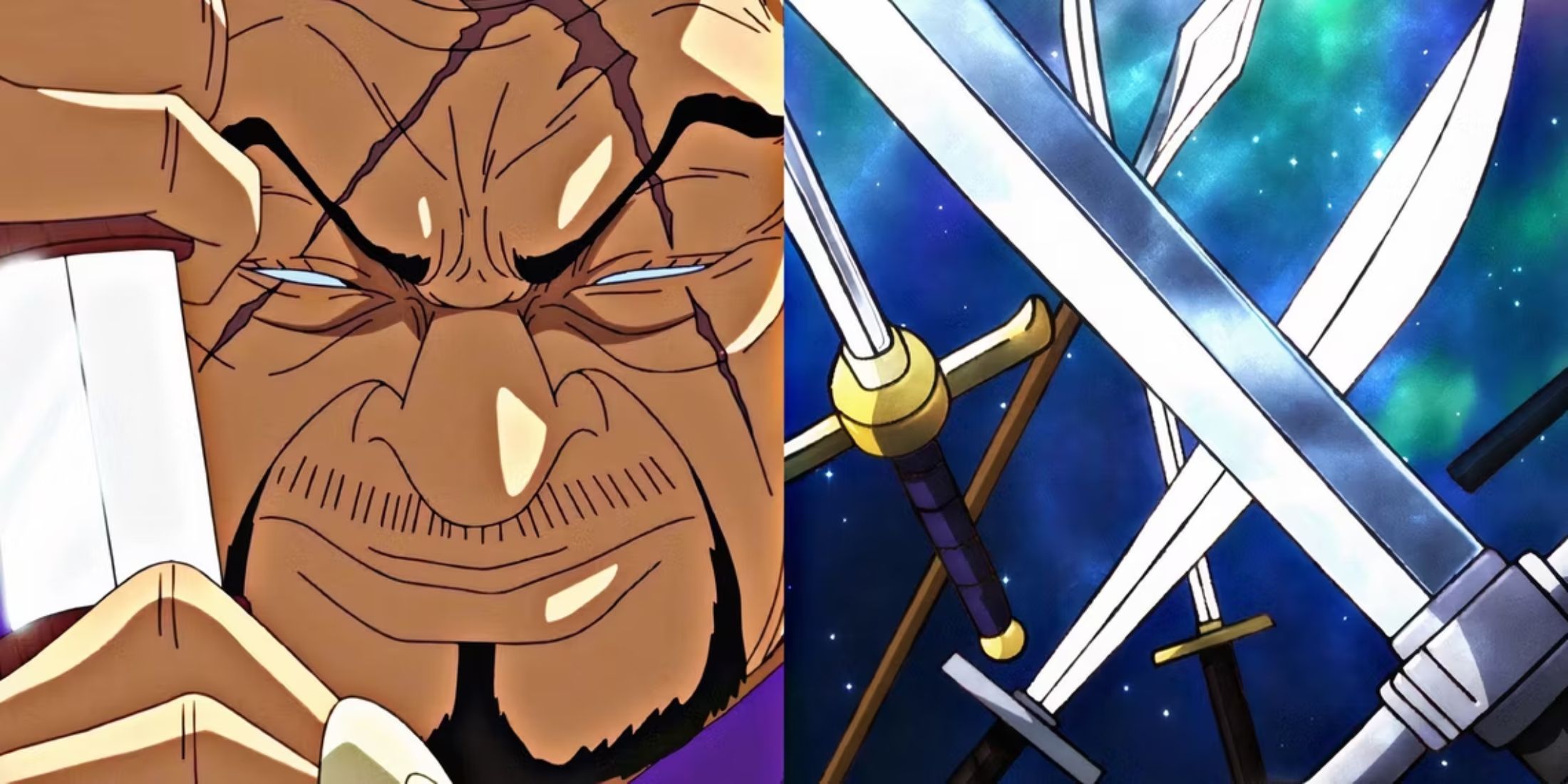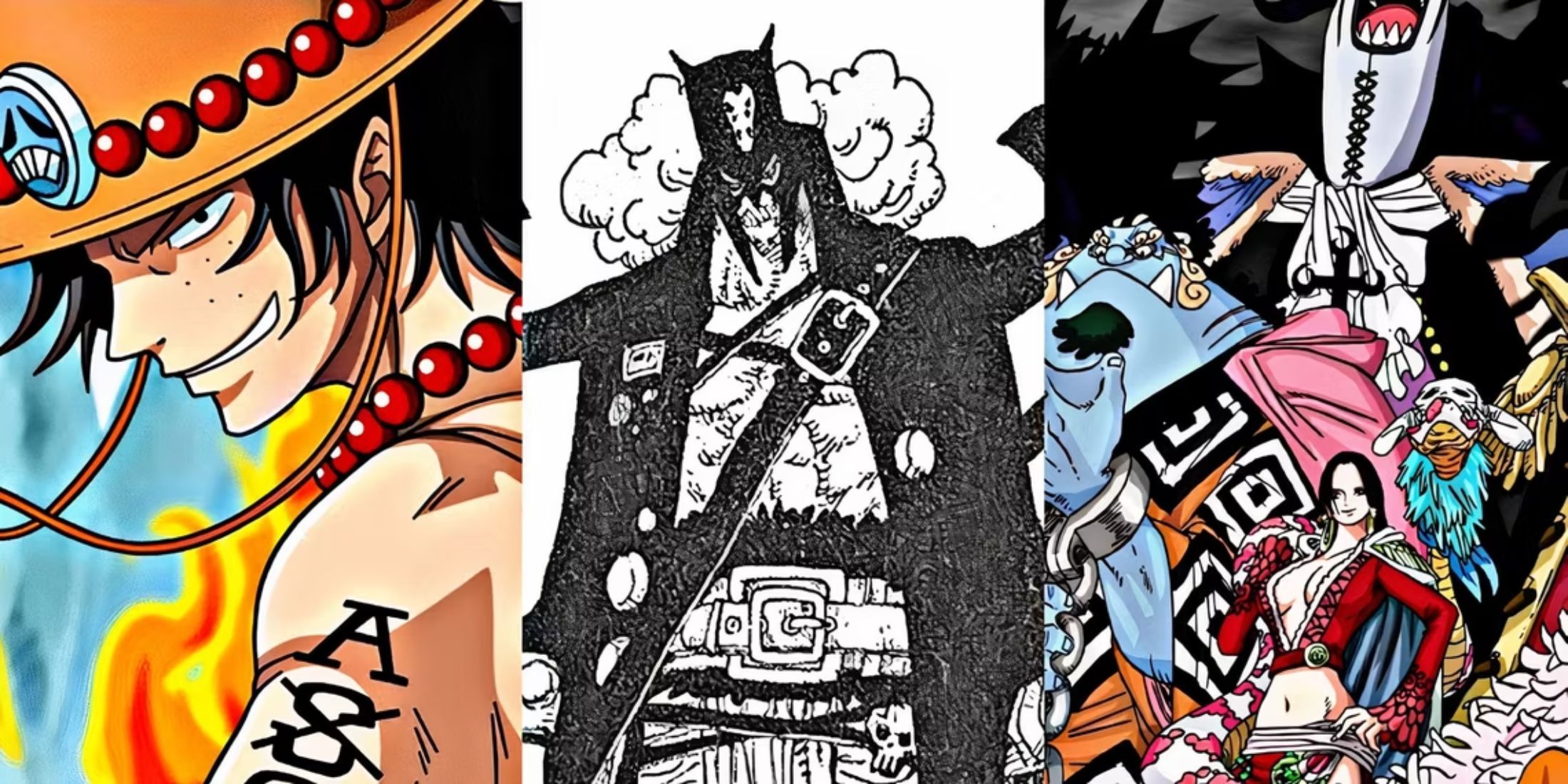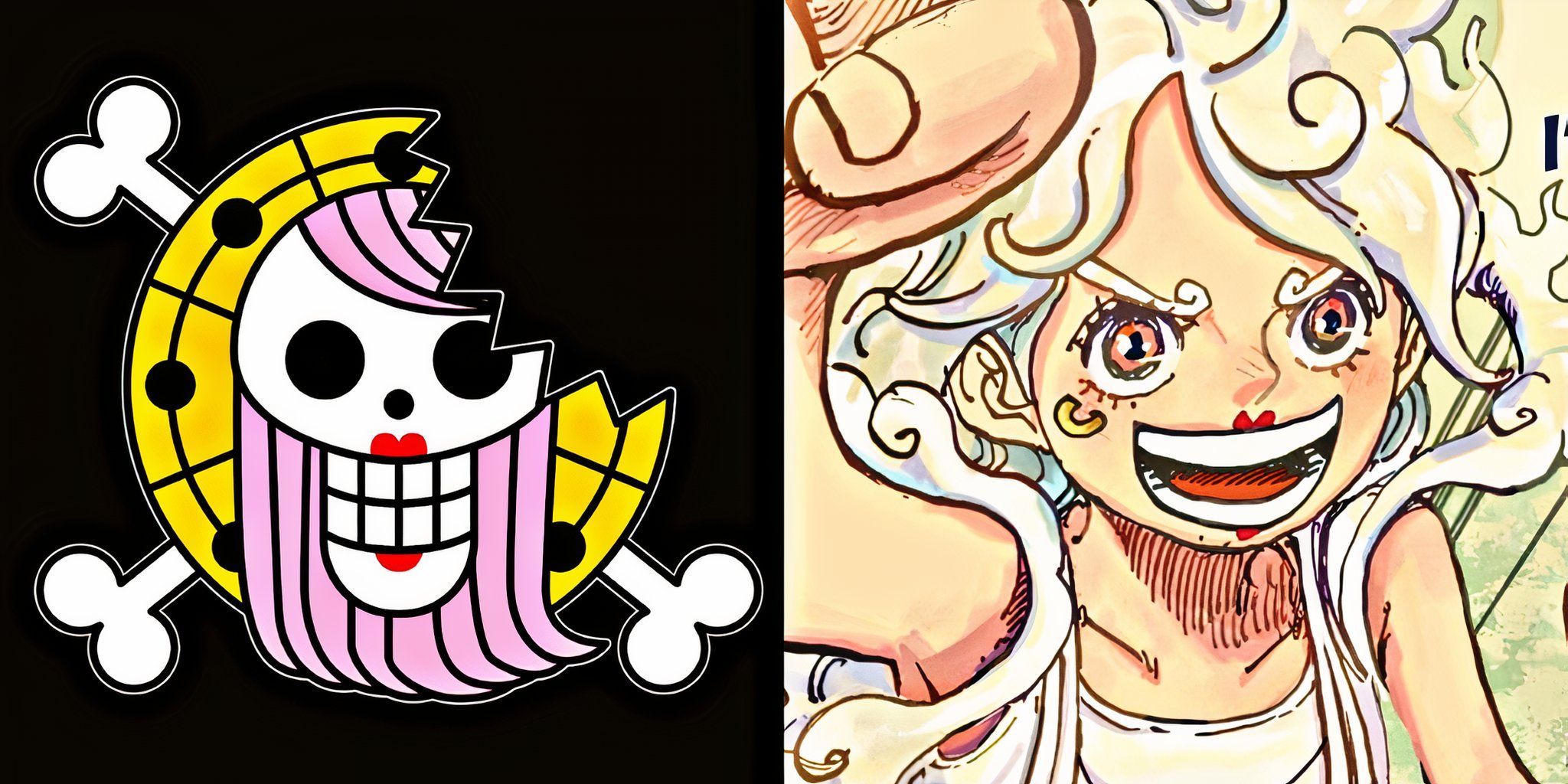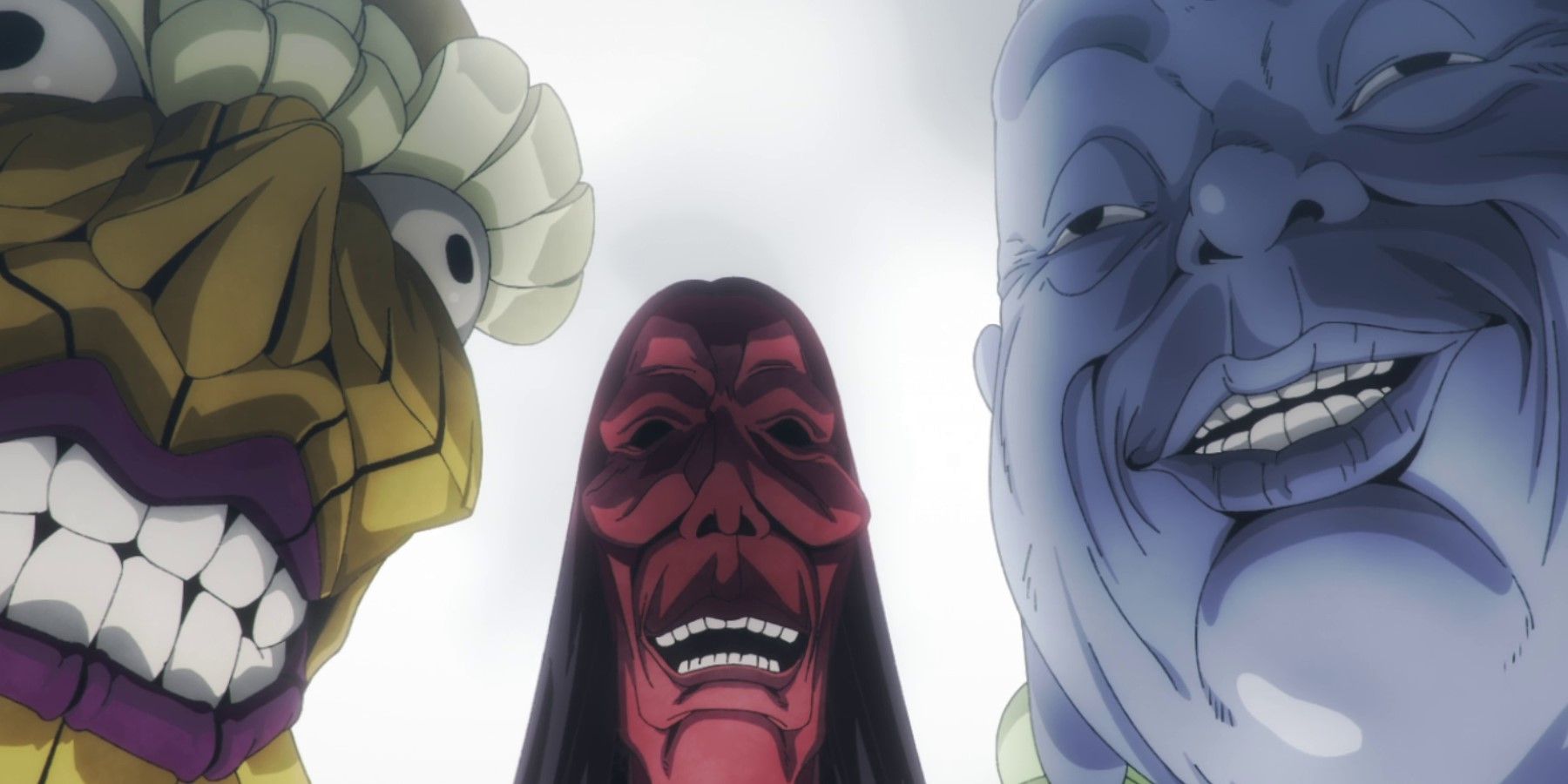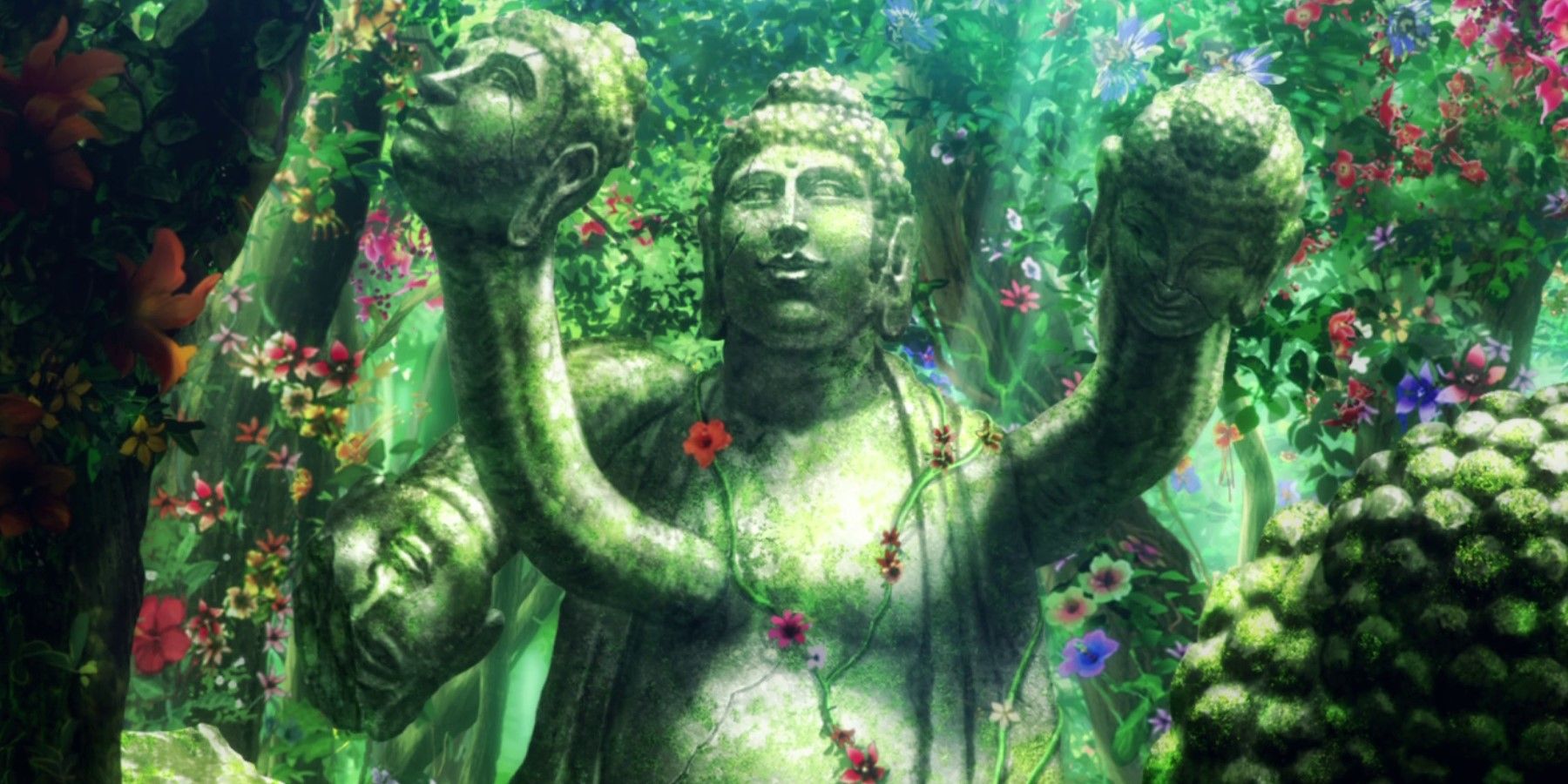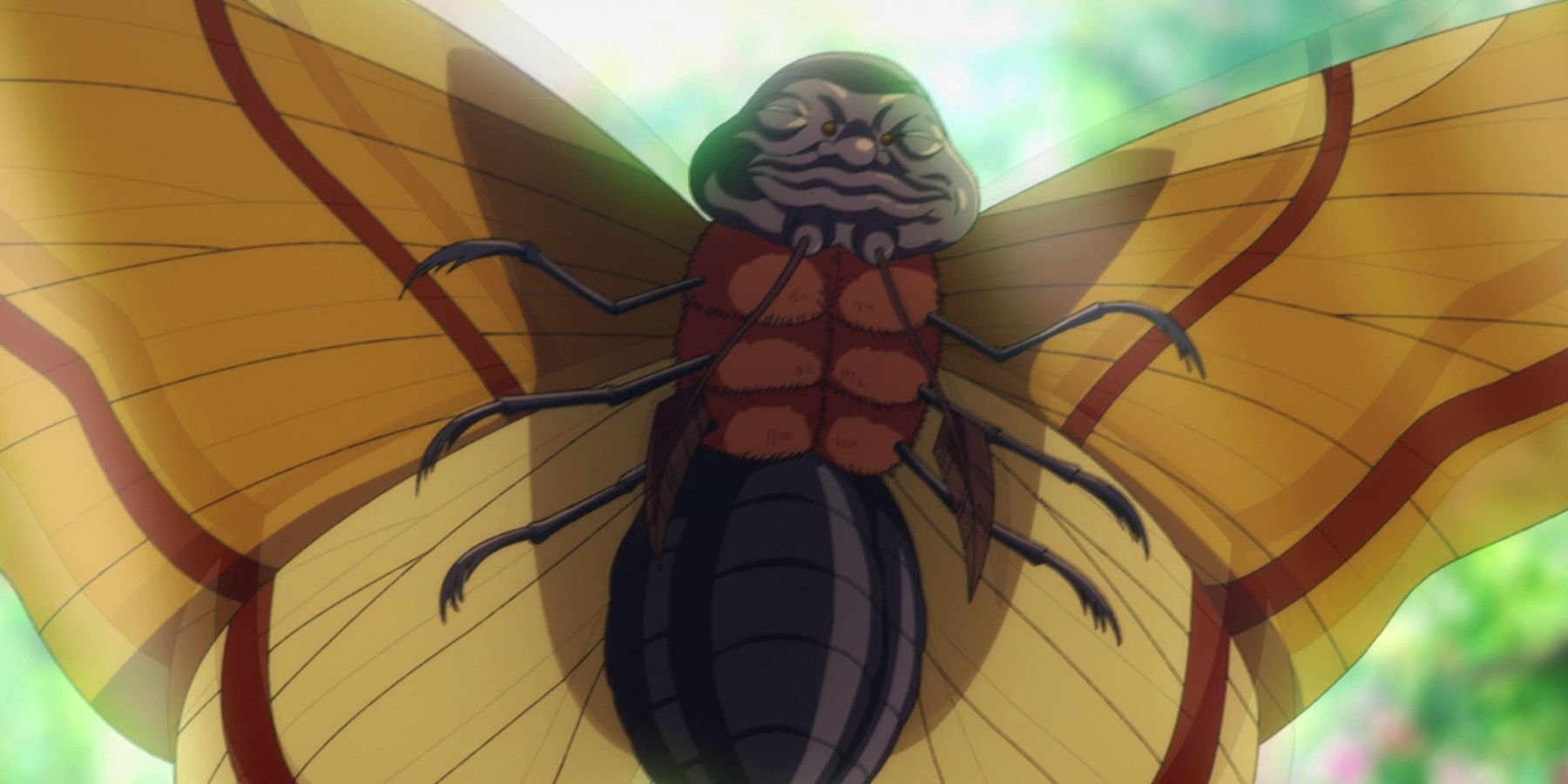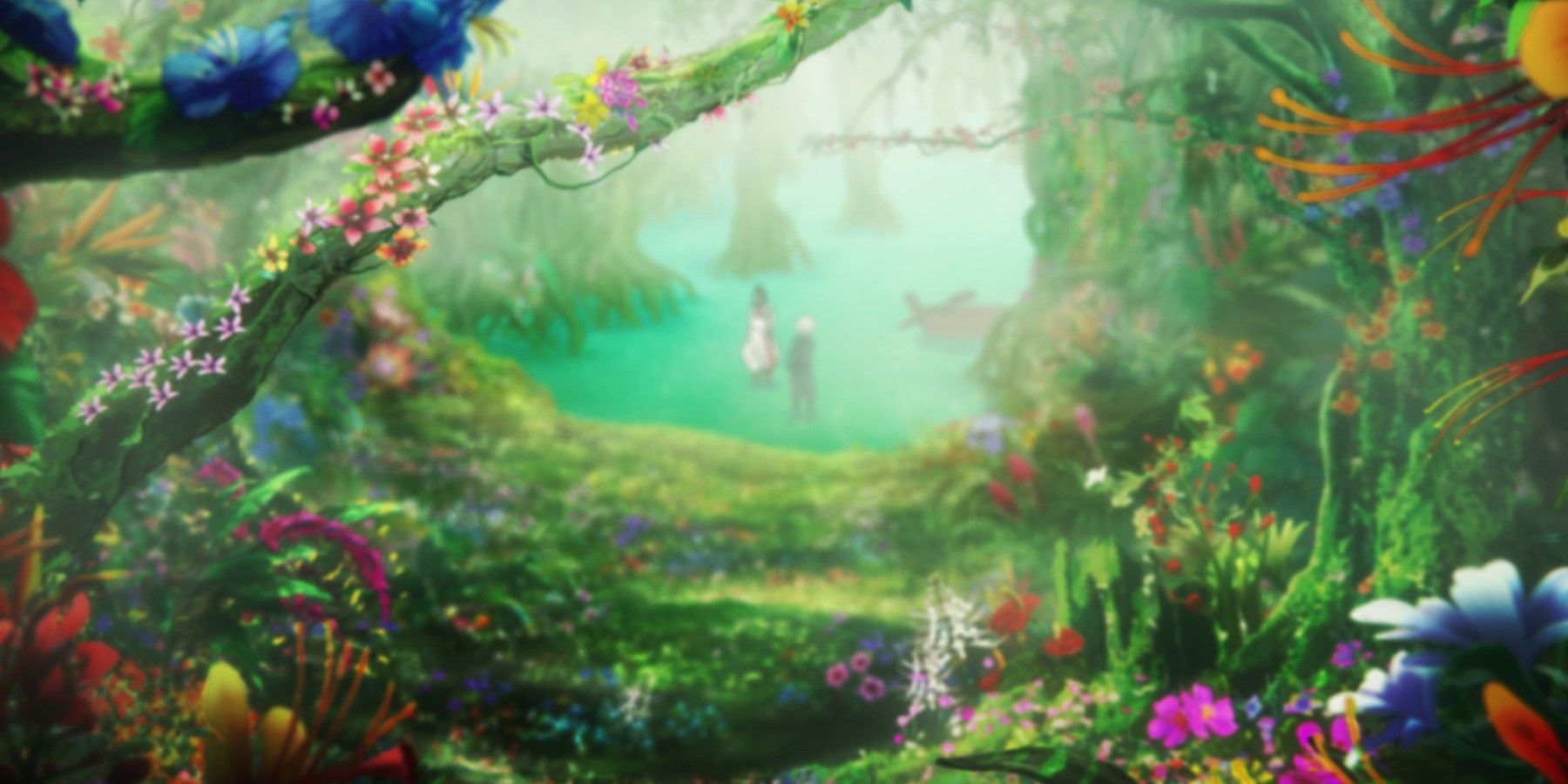In addition to Japanese mythology and Taoist and Buddhist symbolism, one of Hell's Paradise: Jigokuraku author Yūji Kaku's biggest inspirations in the making of the series is the 1896 sci-fi horror novel The Island of Doctor Moreau, written by H.G. Wells. The narrative features a protagonist who is left on a mysterious island upon which a mad scientist creates human-animal hybrids through vivisection.
Cited as Kaku's favourite literary work, The Island of Doctor Moreau is perhaps the Hell's Paradise: Jigokuraku series' blueprint for the horrific abominations encountered by the Vanguard Party on Shinsenkyо̄. Here's how the English classic has inspired Yūji Kaku's Hell's Paradise: Jigokuraku.
Background
The Island of Doctor Moreau is narrated by the protagonist, Edward Prendick, an Englishman with a scientific educational background who survives being shipwrecked somewhere in the southern Pacific. He is rescued by a passing vessel upon which he meets a man named Montgomery, who is transporting various animals to a strange island. The island is owned by one Doctor Moreau, an individual Prendick recognizes from a famous case in which Moreau, a former physiologist, was outed from the scientific community after word got out of his grotesque experiments that involved vivisection – the cutting open of and experimentation upon live subjects. Upon the island lives a colony of Moreau's various subjects, all of whom are grotesque-looking half-human, half-animal hybrids. The mad scientist's plan is to create humans from animals, with the various Beast People being the consequences of his failure to fully convert creature to human.
The Island of Doctor Moreau is thought to be a product of its time, with the disruption of people's understanding of the natural order courtesy of the Darwinian ideas surrounding evolution and growing opposition to the procedure of vivisection giving rise to the novel. The major changes to the field of medicine that emerged in the 19th century, including the understanding that medical procedures required an overhaul and improvement led to increased experimentation. Live experimentation on animal subjects became the solution to growing ethical concerns of the experimentation upon human subjects; however, that also led to the emergence of concerns surrounding the ethics of experimentation on animals, including vivisection. Vivisection is also a large reason for the majority of contemporary animal cruelty laws and legislations, with proponent François Magendie's various discoveries being hotly disputed for the cruel manner inherent to the performance of dissections and similar procedures on live animals.
The Island
Like the novel, the majority of the events of Hell's Paradise: Jigokuraku take place upon an island of mystery upon which countless chimera-like creatures can be found. Like in the novel, these creatures are also the result of the experimentation of a single overzealous scholar who seeks to achieve their own standard of perfection: in the case of Hell's Paradise: Jigokuraku, the perfection in question is the creation of the perfect Elixir of Life. Naturally, the similarity between the anime and manga series and The Island of Doctor Moreau is relevant mostly in the basic premise and the existence of an island of horrors; however, while one explores this in the realm of science fiction, the other does so with largely supernatural overtones.
In Hell's Paradise: Jigokuraku, the role of the doctor is played by a character yet to be introduced in the anime: a man named Xu Fu (Jofuku), a man who was sent to locate the Elixir of Life on Shinsenkyо̄ during the Chinese Qin Dynasty, which is the first dynasty of Imperial China, placing Jofuku's arrival on the island sometime prior to 221 BCE, while the events of Hell's Paradise: Jigokuraku are set at some point during Japan's Edo period. Similar to Moreau, Jofuku dedicated his life to strange experiments, leading to the creation of the various creature combinations that can be found on Shinsenkyо̄. The sentience of these creatures is another aspect that is similar to the Beast People in the narrative of The Island of Doctor Moreau, many of whom lose their intelligence over time as they revert to their animalistic instincts.
Ji(goku)raku
The series title, Hell's Paradise: Jigokuraku is evidently the highlighting of the contrast between immense beauty and grotesque horror; Heaven and Hell and the careful balance between the opposing concepts. This aspect that sees that which is in opposition exist together in the same space is similar to the splicing of different kinds of flora and fauna together that results in the various abominations found on the island, and in a similar fashion, the English and Japanese versions of the series title are spliced together. The Japanese title, "Jigokuraku" is interesting in its existence as a portmanteau of the Japanese words for "Hell" and "paradise", "jigoku" and "gokuraku", with the "-goku-" part being different in its meaning depending on the context. In "jigoku", the "-goku" part is written 「獄」, a character that is commonly associated with prison, jail or similar effects; while the goku- in "gokuraku" is a variation on the pronunciation of「極」, a kanji that refers to an extreme variation of the subject quality.
The word for paradise used in this case, "gokuraku", is something that can be very directly translated to "extreme ease or comfort", the most important quality assigned to the cosmological construct that is Heaven, or to the nebulous conception of paradise. The consequence of the aforementioned is that depending on the perspective, the part of the word "Jigokuraku" that straddles the literal and metaphorical separation between the contrasting concepts that make up the name has a meaning that lends itself to either concept depending on the perspective of the reader, making the "-goku-" itself a play on words that exists as an exploration into the blurring of beauty and horror; of Heaven and Hell that Hell's Paradise: Jigokuraku has operating at its core.

